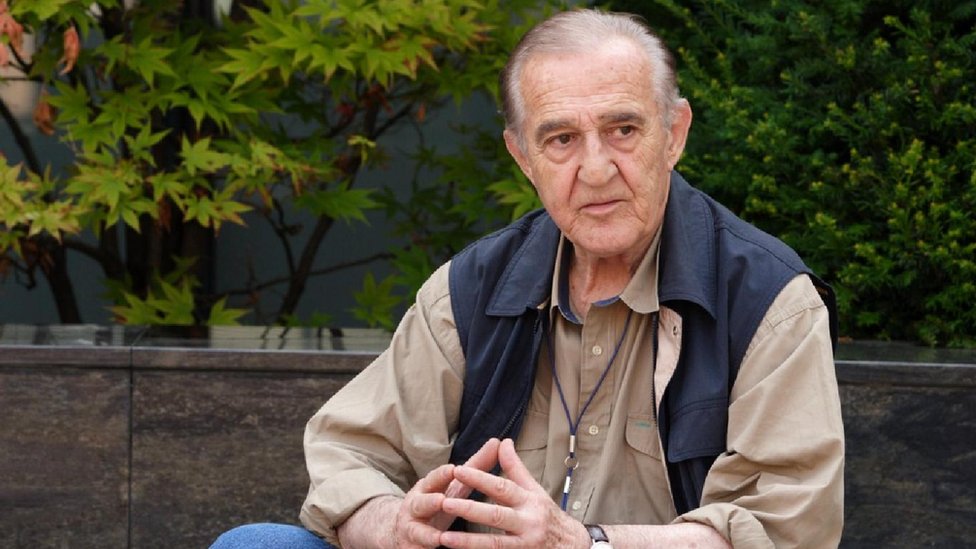
“Wars pass, they destroy people and societies, and above all – the little man. Eventually, it turns out that nothing made sense except for love and kindness.“ (VB)
Veljko Bulajić, Montenegrin film director and screenwriter, left an indelible mark on Yugoslav and world cinematography. He was born in 1928, in the village of Vilusi, near Nikšić. At the age of 15, he joined the partisans and the national liberation movement, being wounded twice. Bulajić shaped his career through large film projects that left an imprint on the history of the seventh art. His name is synonymous with epoch-making achievements that marked the 20th century.
He finished high school in Sarajevo, showed interest in cinematography after the war, and enrolled in film directing at the Centro Sperimentale di Cinematografia in Rome. He graduated in 1959 and had been an assistant to great directors such as Federico Fellini and Vittorio de Sica, after which he returned to Yugoslavia. He began his career as a director with two short films: Stone and the Sea and The Wandering Ship (1953).
Best known for directing the monumental film The Battle of Neretva in 1969, Bulajić showed an extraordinary ability to convey epic stories with profound human messages to the screen. The film was also shortlisted for the Academy Award for Best International Feature Film. This film depicts the battle on the Neretva during the Second World War. Its grandiosity and emotional power attracted worlwide attention and admiration.
Apart from The Battle of Neretva, three of Bulajić’s films were nominated for an Academy Award: The Day That Shook the World, The Man to Destroy, and High Voltage. Bulajić’s films explored the themes of courage, suffering, and resistance, giving voice to those whose stories were rarely told.
Bulajić’s film productions were often controversial and criticized, but he remained consistent with his vision and convictions. His dedication to art and creating films with powerful messages has encouraged many artists worldwide.
Veljko Bulajić was former Yugoslavia’s most awarded director. He won the Golden Lion in Venice, the Golden Nymph in Monte Carlo, the San Sebastián and New Delhi directing awards, the gold medal at the Moscow International Film Festival, the international Cidalc Critics’ Awards, the Golden Spike, the best film award in Valladolid, several audience awards and many others. Moreover, in 2016, he received the 13th July Lifetime Achievement Award – Montenegro’s highest national award.
He attributed his films’ worldwide success to his family upbringing and broad approach to people and the world.
Although his career had ups and downs, Veljko Bulajić’s character and work remain indelible in world cinema’s history. His films inspire and remind us of the power of art tin conveying deep emotions and messages that will last forever through generations.
He died in Zagreb (Croatia) on 2 April 2024 at the age of 97.
